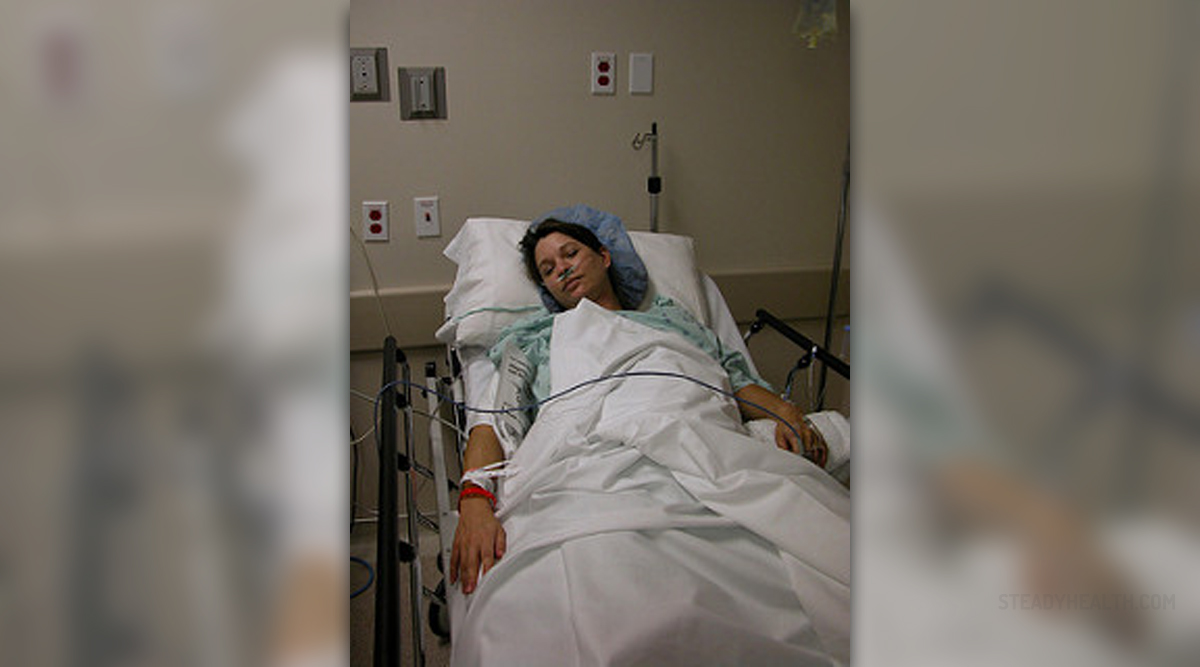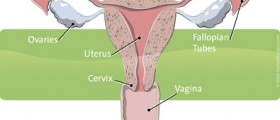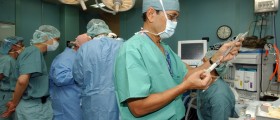
All forms of endometrial ablation boil down to the same thing the destruction of moat of the lining of the uterus, the endometrium, to reduce heavy periods. Heavy periods, as the one in five women who suffer them know, can impact a woman's life in a big way. It is not just about pain heavy blood loss can affect your health and take most of your energy away. Recovering from surgery always poses a challenge, and ablation surgery is no different. If your ablation procedure was carried out under general anesthesia, you can expect to deal with its aftermath. That includes feeling groggy and perhaps disorientation.
When I recovered from surgery and general anesthesia (not endometrial ablation), I felt weak for a few days, much like recovering from a bad case of the flu. You cannot drive or operate heavy machinery for a few days after the procedure. While recovering from endometrial ablation, you may experience pain and you may want to take over the counter pain killers to remedy that. There is also heavy vaginal bleeding, including passing large clots. As someone who used to suffer from very heavy periods, this will not be anything new to you though, and you may find joy in the expectation that the bleeding and pain you will experience after the ablation surgery will be the very last time!
- medlineplus.gov/ency/article/007368.htm
- www.nhs.uk/conditions/varicose-veins/treatment/
- Photo courtesy of Tammra McCauley by Flickr: www.flickr.com/photos/tammra/283545635/











_f_280x120.jpg)





Your thoughts on this
Loading...